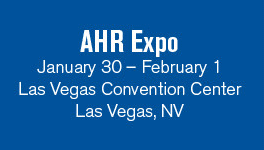Sunday, January 29, 2017: 8:00 AM-9:00 AM
Fundamentals and Applications
Chair:
Kevin Brown, P.E., The Linc Group
Technical Committee: 2.8 Building Environmental Impacts and Sustainability
This workshop attempts to define renewable energy from several different perspectives (government, industry, society). Additionally, it reviews real world examples of what qualifies for renewable energy credits according to different jurisdictions around the world.
1 PV Systems Cannot Be Attached to the Grid and Other Renewable Energy Myths
Integration of renewable energy systems with the buildings is a mystery to many. Questions about net metering, batteries, peak savings, renewable energy certificates abound as many consider how to reduce their environmental footprint with renewables. One identified barrier is a relatively low working knowledge of the technologies—both wind and solar. This presentation provides an engineer’s perspective on application of these two renewable energy sources in the building sector. It will also provide information on the benefits and challenges associated with metering, renewable energy certificates, resiliency, and cost-effectiveness.
2 The Role of Biomass in a Renewable Energy Future
Biomass is defined in detail; legally and practically, and reviewed for its role in renewable energy. The abundance of biomass, and its many readily available forms is examined as well as the advantages of its use, particularly for heating and cooling. Options for converting biomass to energy such as methane digesters, wood combustion, trash to energy, and biomass gasification will be provided. The impacts of using biomass instead of fossil energy sources is also explored.





